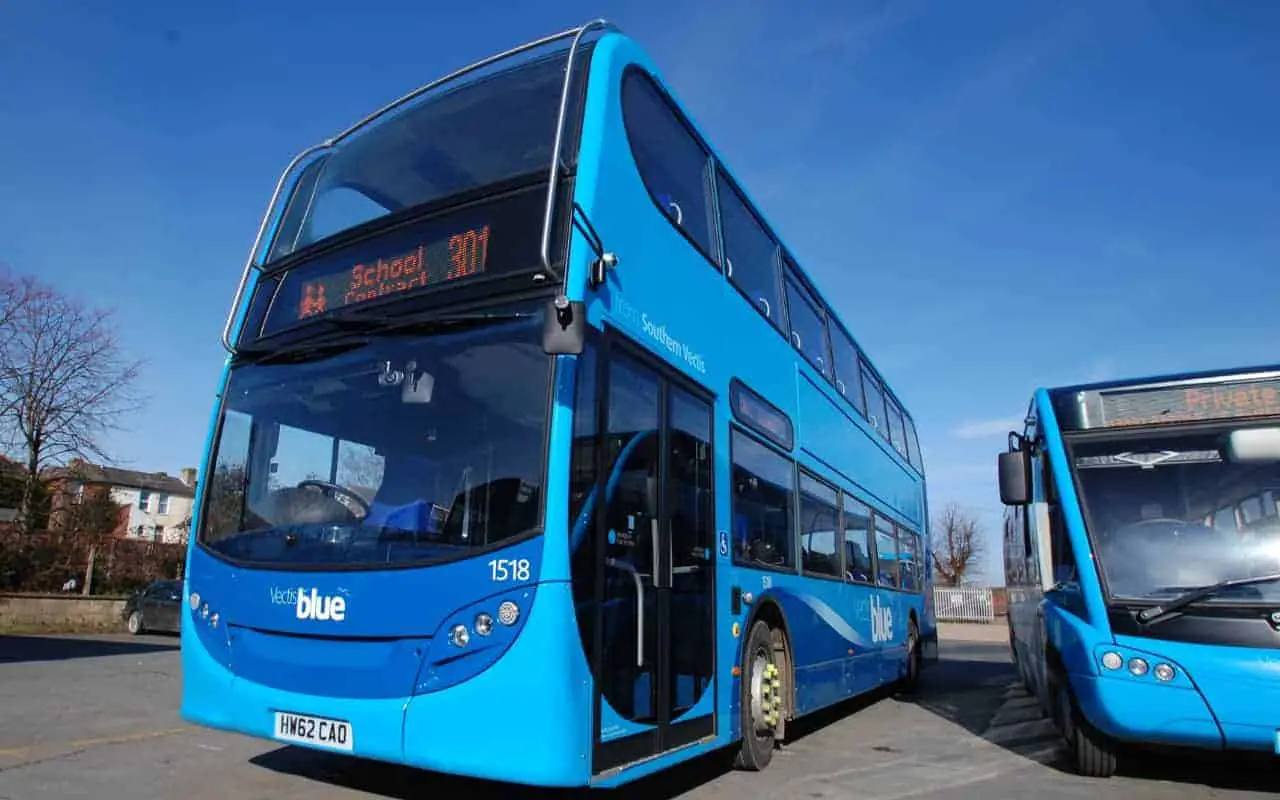Fewer children are being taken to school via Isle of Wight council-provided transport, but the cost has risen.
In 2012, the council paid £3.6 million to take 2,317 pupils to school but this year paid £700,000 more — £4.3 million to transport 1,614 pupils.
The Island’s authority is looking at ways of saving money as the council is already over budget this financial year due to increased demand for special education needs (SEN) transport.
1,614 pupils eligible for school transport
At the moment, only 9.7 per cent of school pupils (1,614) are eligible for school transport — 1,111 mainstream pupils on Southern Vectis school buses and 503 SEN pupils on a mix of taxi and minibus provision.
In mainstream schools, the number of children eligible for transport has fallen by 44 per cent in the last ten years, from 1,992 to 1,111, and costs have reduced from £2.9m to £1.9m.
This is because of the removal of catchment areas in 2015 and the opening of the Island Free School in Ventnor.
Shortage of places at dedicated SEN schools
Outside the mainstream provision, over the same period, the number of SEN children needing transport has doubled — from 169 to 352 — increasing costs by £1.25 million, to £1.7 million.
The council has said pressures have come from a shortage of places at dedicated SEN schools meaning pupils have to travel further; a large number of EHCP plans and the need for adapted vehicles.
Costs could rise to £5.7m for all children by 2026
The council’s demand modelling indicates transport could be provided for 461 SEN pupils by 2027 and costs could rise to £5.7m for all children by 2026.
Speaking at a children’s education scrutiny committee earlier this month, officers said they needed support from central government, delegating responsibility for transport policy to local authorities.
Operating close to statutory minimum of service
The council is operating close to a statutory minimum of service, officers have said, and it is going to ‘be impossible to solve problems’ without statutory change from government.
Officers said they also needed help ‘reinforcing the fact’, in most cases, it is the parent’s responsibility to take their children to school.
A national funding challenge
Stuart Ashley, the council’s interim children services director, said it was a national challenge and while he would be happy to provide more home-to-school transport, it has to be funded, for which the council doesn’t have the money.
This article is from the BBC’s LDRS (Local Democracy Reporter Service) scheme, which News OnTheWight is taking part in. Some alterations and additions may have been made by OnTheWight. Ed





